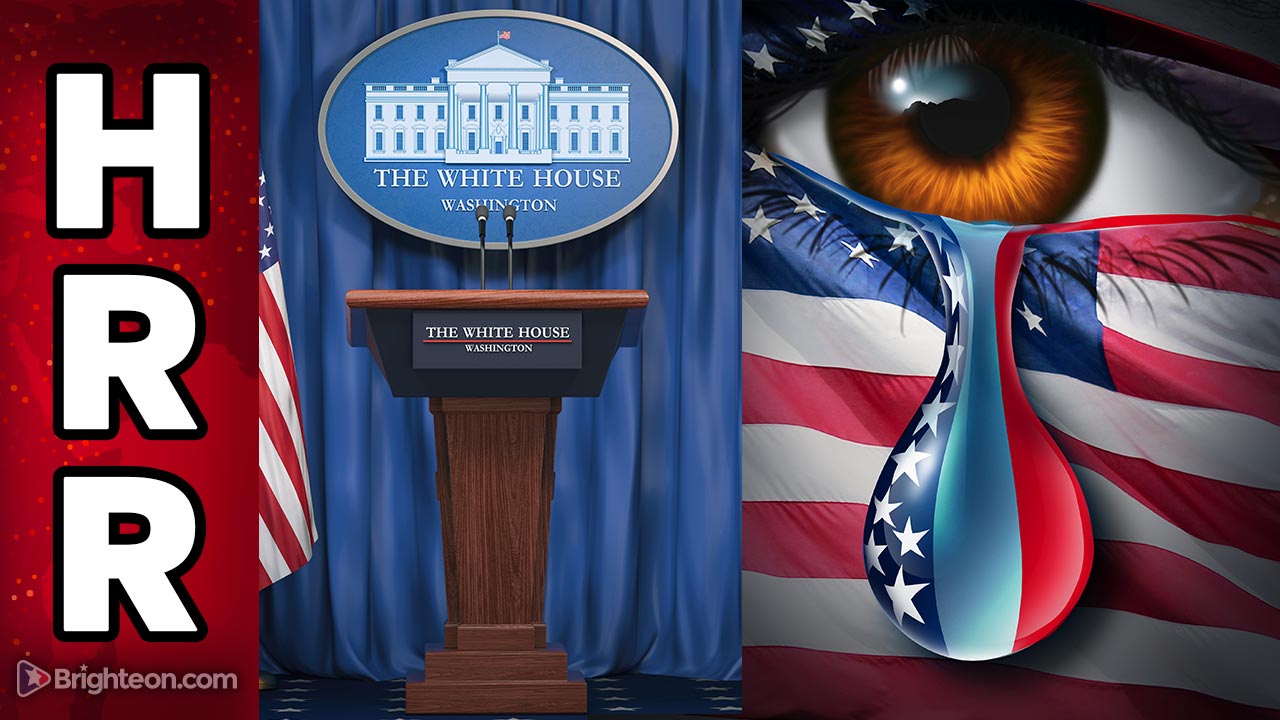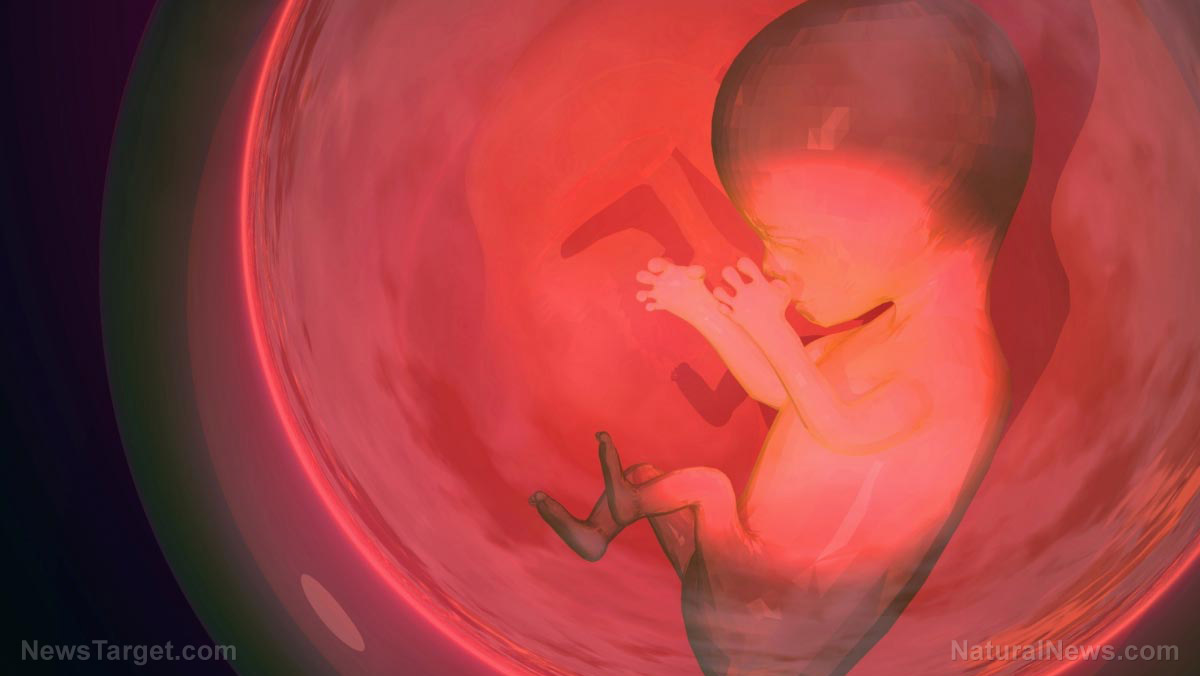 Parler
Parler Gab
Gab
U.K. experts make excuses, say it is normal for trial results to fluctuate
U.K. experts described the difference as "tiny," noting that it was normal for results to fluctuate as more data from the studies came in. They also slammed the DSMB for potentially fueling vaccine hesitancy. Professor Stephen Evans, an epidemiologist at the London School of Hygiene and Tropical Medicine, said public disputes "do not promote global health." This appears to be a call for watchdog groups to suppress information and keep the public in the dark. The AstraZeneca vaccine is viewed by many as a crucial piece in tackling the spread of COVID-19 across the globe because it is easier and cheaper to transport than rival shots. It has been granted conditional marketing or emergency use authorization in more than 70 countries. "There may be hidden reasons for their actions, but so far it will have had serious damage to public confidence in this, and possibly all vaccines, globally and it is unclear what benefits to anyone the DSMB's announcement will have had," Evans said. "It would be better if this dispute could be laid to rest and the U.S. and other regulators left to make their objective assessments of complete data without the glare of publicity. It does not make regulators' tasks easier." The DSMB is made up of around a dozen leading scientists and statisticians with no ties to the government or the drug firms making the jabs. Dr. Peter English, the former chair of the British Medical Association's Public Health Medicine committee, said the DSMB "acted in a way that risks doing serious harm to confidence in this vaccine and, more dangerous still, vaccination in general." Talking about the revised efficacy figure, Dr. English said that the difference is to be expected because of the volume of the cases analyzed. "We have not seen the confidence intervals, but they will almost certainly overlap, with this difference not being statistically significant," he said.AstraZeneca official claims latest results are consistent with the controversial interim results
AstraZeneca's Mene Pangalos, executive vice president of biopharmaceutical research and development, said the new data results were "consistent" with the interim results that sparked controversy. He added that the data "confirms our COVID vaccine is highly effective in adults, including those aged 65 years and over." The data said the vaccine showed 85 percent efficacy at blocking symptoms in people over 65 years old – higher than the 80 percent figure reported on Monday, March 22. The latest data was based on 190 infections among more than 32,400 participants in the U.S., Chile and Peru. The earlier interim data was based on 141 infections through Feb. 17. The U.S. trial also confirmed the vaccine does not increase the risk of blood clots. (Related: Researchers confirm antibodies from the AstraZeneca coronavirus vaccine cause blood clots.) In the trial, two doses were given four weeks apart in the study and the effectiveness of a single dose was not reported. It was carried out because U.S. regulators and the Food and Drug Administration (FDA) wanted a trial done on Americans before deciding whether to approve the jab or not, choosing not to use data from Oxford's tests in the U.K., South Africa and Brazil. This original trial of the jab was not carried out to high enough standards. Some of the people in the study were accidentally given a dose the wrong size and the effectiveness of the vaccine varied across different people in the trial. The original trial also did not include enough people in older age groups.AstraZeneca can't seem to catch a break
The hiccup was the latest in a string of public relation disasters for AstraZeneca, which has faced constant criticism over its vaccine. Late last year, the firm published two different efficacy readings from an earlier trial as a result of a dosing error. Earlier this year, European Union officials claimed that the vaccine didn't work on older people. Just this month, more than a dozen countries from the European Union temporarily suspended giving out the shot after reports linked it to a rare blood clotting disorder. But it was rare for a health organization like NIAID to publicly rebuke vaccine efficacy data. The full NIAID statement read: "Late Monday, the Data and Safety Monitoring Board (DSMB) notified NIAID, BARDA, and AstraZeneca that it was concerned by information released by AstraZeneca on initial data from its COVID vaccine clinical trial. "The DSMB expressed concern that AstraZeneca may have included outdated information from that trial, which may have provided an incomplete view of the efficacy data. "We urge the company to work with the DSMB to review the efficacy data and ensure the most accurate, up-to-date efficacy data be made public as quickly as possible." NIAID Director Dr. Anthony Fauci called it an unfortunate unforced error. "This kind of thing does … nothing but really cast some doubt about the vaccines and may contribute to the hesitancy," he told ABC's "Good Morning America." "The data really are quite good but when they put it into the press release it wasn't completely accurate." Follow Immunization.news for more news and information related to the coronavirus vaccines. Sources include: Dailymail.co.uk Reuters.com Rappler.comDeborah Birx hid covid info from Trump, altered CDC guidelines without approval
By Ethan Huff // Share
Germany’s birth rate improbably falls by 11% in the first quarter of 2022
By Lance D Johnson // Share
By Mary Villareal // Share
Common signs and symptoms of magnesium deficiency
By Olivia Cook // Share
Governments continue to obscure COVID-19 vaccine data amid rising concerns over excess deaths
By patricklewis // Share
Tech giant Microsoft backs EXTINCTION with its support of carbon capture programs
By ramontomeydw // Share
Germany to resume arms exports to Israel despite repeated ceasefire violations
By isabelle // Share










